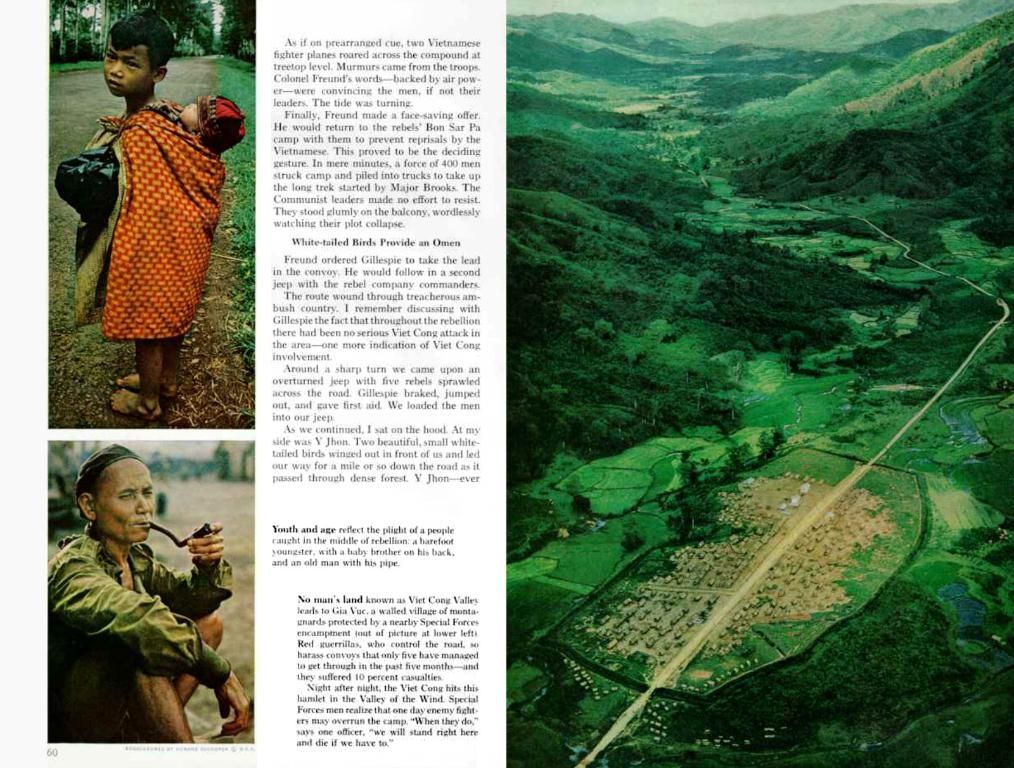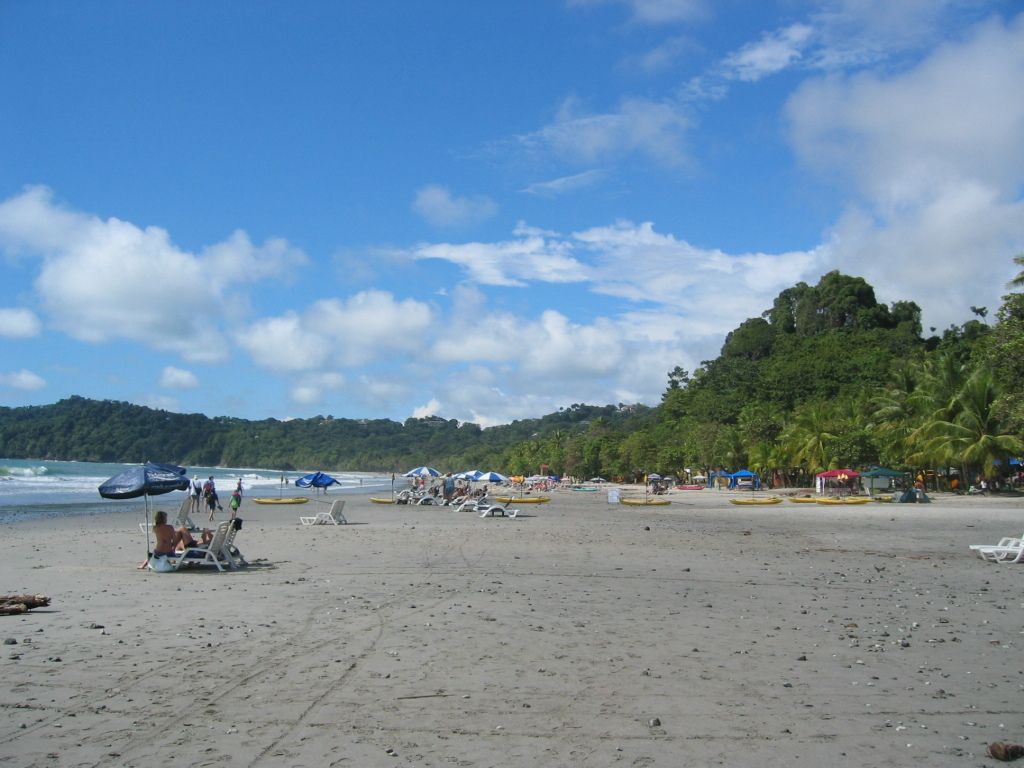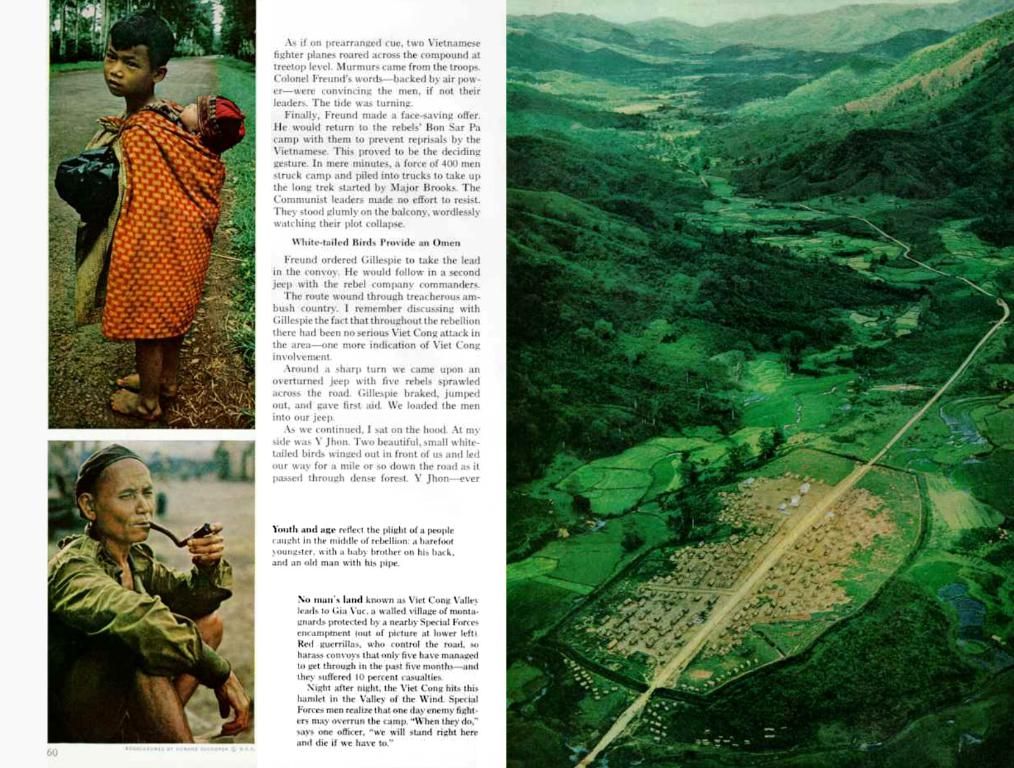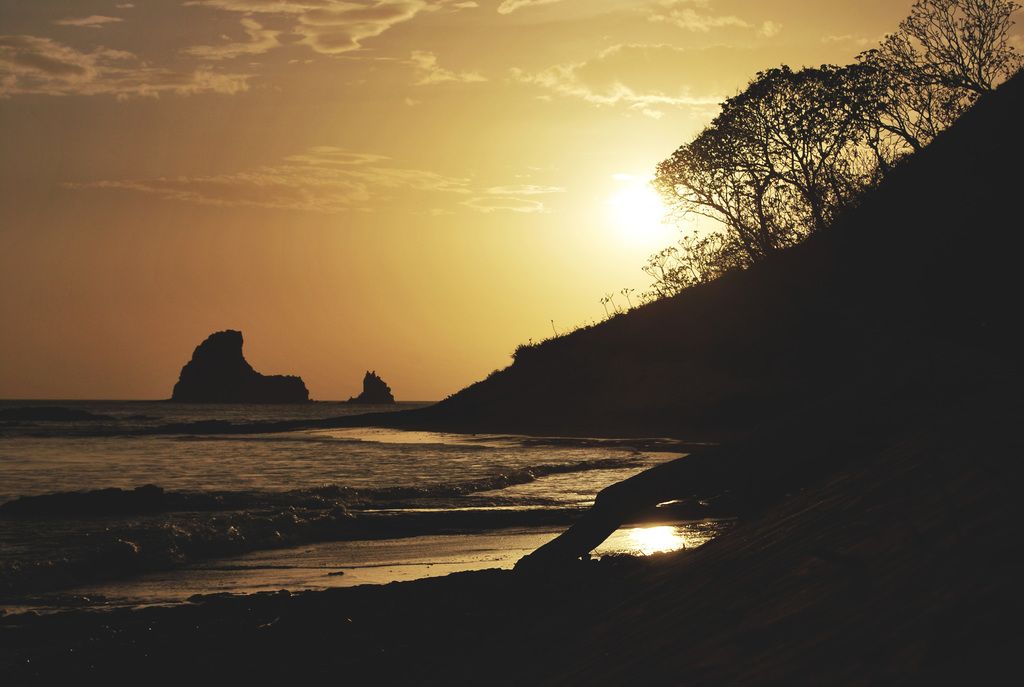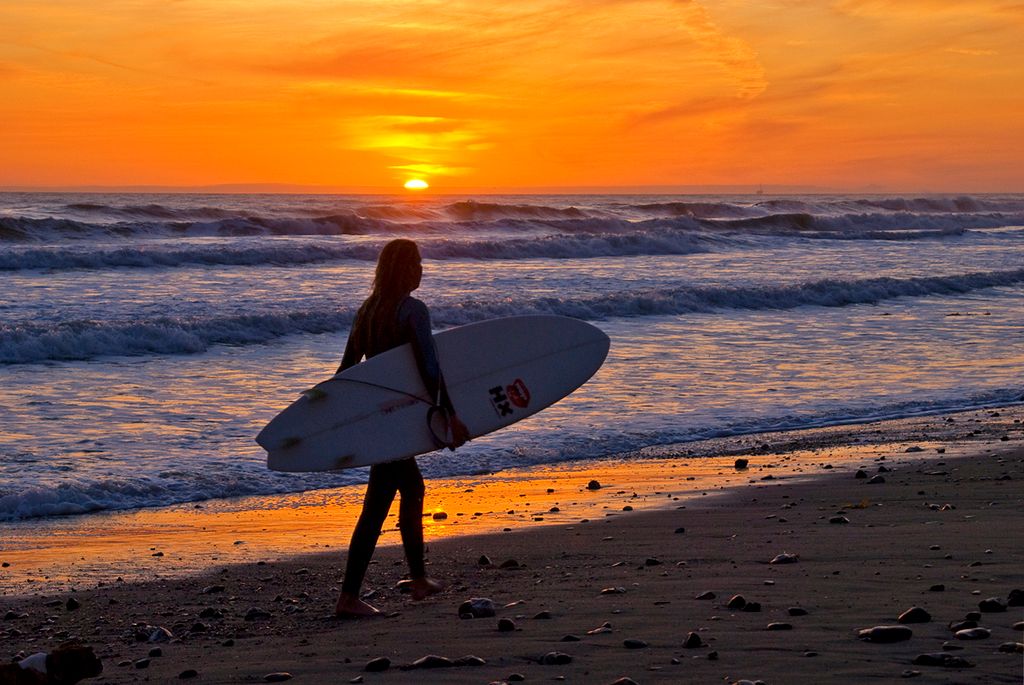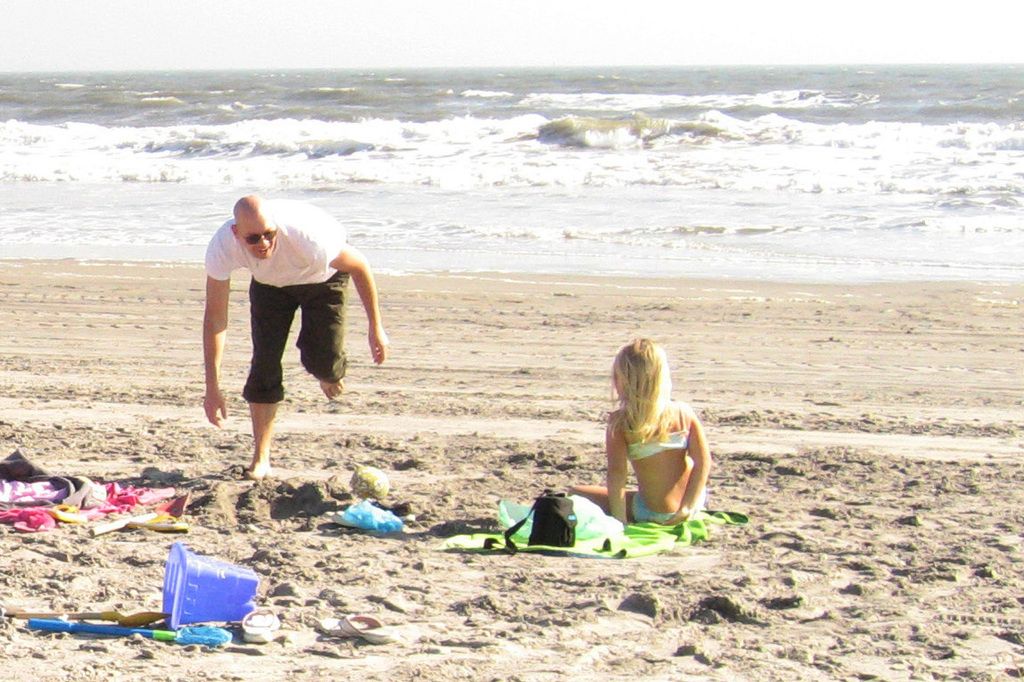Navigating the New Age of Academic Security: Institute Director Issues Global Warning on Academic Freedom
Worldwide scientific autonomy allegedly facing strain, according to recent reports - Institution Head Expresses Concerns Over Global Restrictions on Scientific Independence
In the contemporary science landscape of democratic nations, the director of the Leibniz Institute for Baltic Sea Research Warnemünde (IOW), Oliver Zielinski, has raised concerns over the need for more robust security measures to safeguard knowledge in the face of escalating wars and geopolitical strife. Zielinski, also a member of the Federal and State Science Council, shares these concerns echoing the sentiment that "academic freedom is under global pressure."
Zielinski emphasizes that the once-held principle of open science is rapidly becoming a thing of the past, as the question of who to share sensitive data with grows ever more critical. An example of this shift can be seen in the marine, coastal, and polar research community, where collaboration with Russia has been suspended due to the invasion of Ukraine. Collaboration with nations such as China or Iran follows different motivations, being more concerned with minimizing risk than completely halting collaboration as in the case of Russia.
According to Zielinski, the geopolitical environment and Russia's actions make cooperation with the country impossible at present. Despite this, basic relationships with autocratic states remain important, with Zielinski arguing that climate change, environmental pollution, and biodiversity loss transcend national borders. He stresses the need for international cooperation in combating these issues, though couching this endeavor in terms of selectiveness, ensuring that collaborations and knowledge transfers are approached judiciously.
The German Council of Science and Humanities (Wissenschaftsrat, WR) has responded to these concerns with a position paper published in May. The paper, titled "Science and Security in Times of Global Political Upheaval," calls for the establishment of a National Platform for Knowledge Security as soon as possible. This platform would serve as a resource for scientific actors, offering rapid and unbureaucratic assessments of knowledge risks, armed with comprehensive information.
- Warnemünde
- Director
- Ukraine
- Russia
- China
- German Council of Science and Humanities
- Rostock
- German Press Agency
Insights from Enrichment Data:
- The German Council of Science and Humanities (Wissenschaftsrat, WR) advises that the German scientific system must adapt its approach to address evolving security challenges, such as cyberattacks, foreign influence, and the outflow of sensitive knowledge.
- A primary recommendation made by the WR is the establishment of a "national knowledge security platform." This platform aims to coordinate the efforts of various institutions in safeguarding sensitive research.
- Universities and research organizations are urged by the WR to systematically assess the opportunities and risks inherent in international collaborations, with a focus on developing instruments, procedures, and structures for managing research security partnerships.
- The WR also stresses the importance of raising awareness and providing education to researchers and administrators regarding the risks and threats that research projects face. This includes the establishment of clear guidelines for research security.
- The Director of the Leibniz Institute for Baltic Sea Research Warnemünde (IOW), Oliver Zielinski, serves on the Federal and State Science Council and has raised concerns about the need for increased security measures to protect knowledge in the face of global conflicts.
- Zielinski's concerns echo the sentiment that academic freedom is under threat globally, as open science is becoming a rapidly disappearing principle due to the critical question of who to share sensitive data with.
- In the marine, coastal, and polar research community, collaboration with Russia has been suspended due to the invasion of Ukraine, while cooperation with nations like China or Iran is motivated by the desire to minimize risk rather than halting collaboration entirely.
- The German Council of Science and Humanities (Wissenschaftsrat, WR) has published a position paper titled "Science and Security in Times of Global Political Upheaval," recommending the establishment of a National Platform for Knowledge Security to provide rapid and unbureaucratic assessments of knowledge risks and support scientific actors.
- The WR also advises that universities and research organizations must systematically assess the risks and opportunities of international collaborations, develop instruments for managing research security partnerships, and educate researchers and administrators about the risks and threats that research projects might face.

